It’s easy to feel out of place if you’re someone with a pure heart. You find yourself trusting people too easily or believing that everyone has good intentions. Being kind is a beautiful thing but it can make you vulnerable to heartbreak. Here are some subtle signs of a naive person.
Are you unknowingly letting the superficial world around you shape your perspective? With a few indications and simple steps, you’ll know what is a naive person and can protect yourself without losing the essence of who you are.
What Is A Naive Person? 9 Signs Of A Naive Person
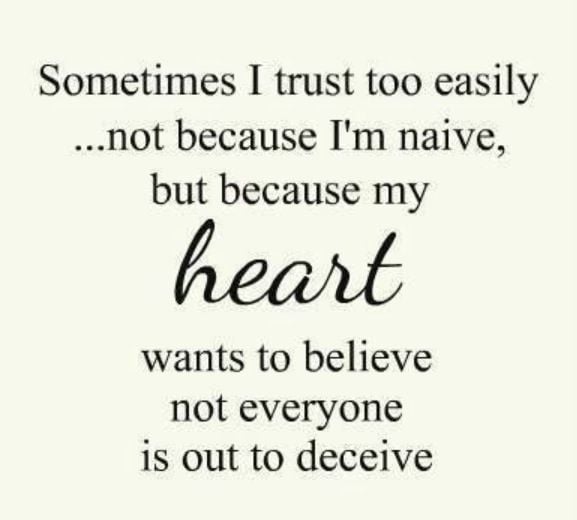
1. You Keep Trusting People Who’ve Let You Down
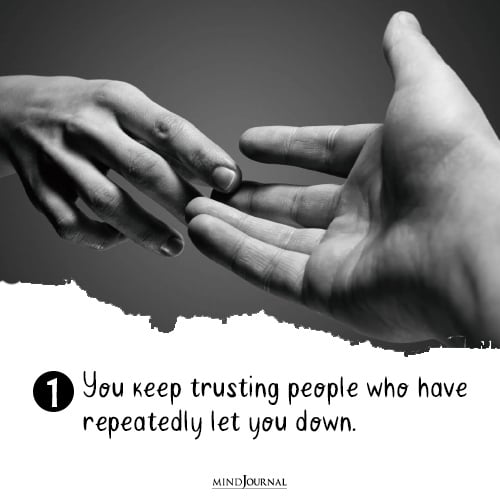
You believe in giving second chances and sometimes third, fourth, and fifth chances. Even when someone has disappointed you repeatedly, if you’re quick to forgive, then these are some of the signs of a naive person.
You think they’ll eventually change. While this shows your big heart, it can also lead to unnecessary pain for you.
2. You Assume Everyone’s Intentions Are Good
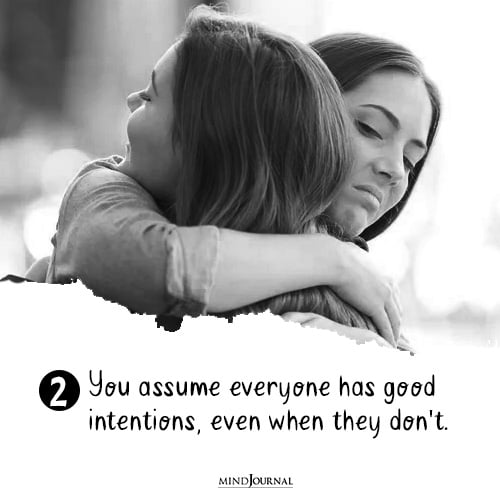
You see the world through rose-colored glasses, often believing that everyone has good intentions. Unfortunately, not everyone operates with kindness or honesty.
3. You Share Too Much Too Soon

You wear your heart on your sleeve, and opening up to new people feels natural to you. While this can help build connections, it can also make you vulnerable to those who might misuse your trust.
4. You Avoid Confrontation at All Costs
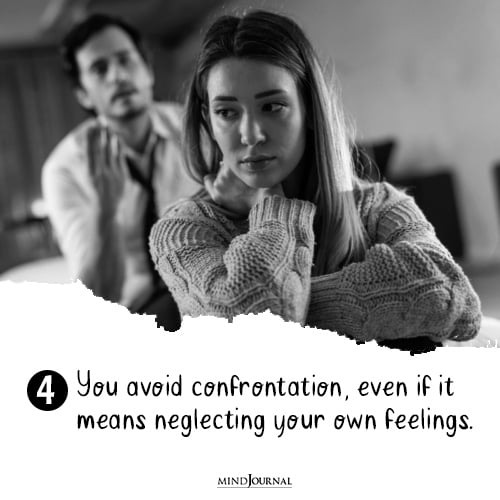
You dislike arguments and will go out of your way to keep the peace, even if it means suppressing your feelings. This can sometimes lead others to take advantage of your willingness to compromise.
5. You Believe Flattery Over Facts

Compliments light up your day, and you tend to take them at face value. However, some people use flattery as a tool to manipulate.
6. You Expect Others to Be as Honest as You Are
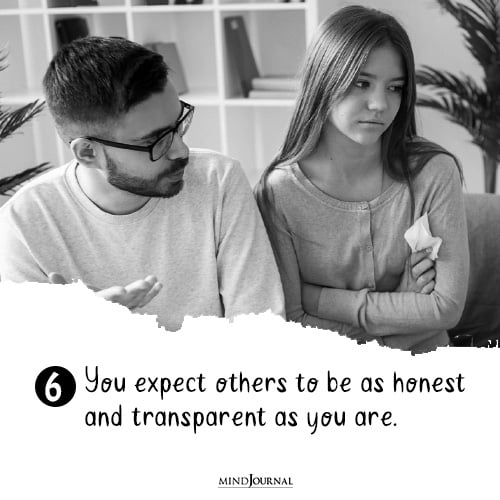
You’re transparent about your thoughts and feelings, and you expect the same from others. When people lie or withhold the truth, it catches you off guard.
7. You’re Quick to Say “Yes”

When someone asks for help, you’re the first to volunteer, even if it’s inconvenient for you. Your generosity is admirable, but it can lead to burnout or being taken for granted.
8. You Overlook Red Flags
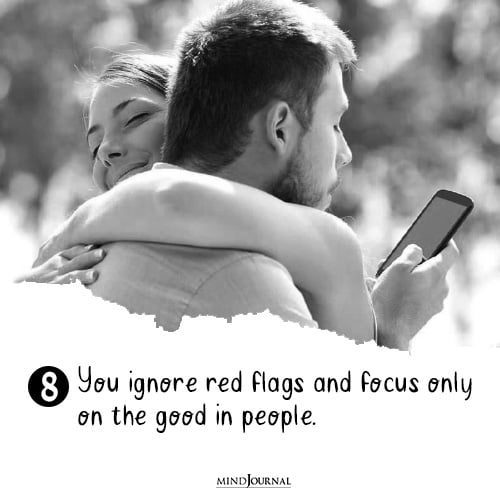
You focus on the good in people, often overlooking warning signs that someone might not have your best interests at heart.
9. You Struggle to Let Go

Whether it’s a toxic friendship or an unfulfilled promise, you hold on, hoping things will change. Letting go feels like giving up, which you’re reluctant to do.
How To Embrace Your Inner Optimist (While Staying Grounded)?
Being a naive person isn’t inherently bad. It means you’re hopeful, kind, and willing to see the best in people. But in a superficial world, it’s important to balance your kindness with a touch of caution. Here are some simple steps to follow:
1. Learn to set boundaries.
It’s okay to forgive, but it’s also okay to distance yourself from those who don’t value your trust.
2. Stay optimistic but practice discernment.
Observe actions, not just words, to gauge someone’s true character.
3. Take your time.
Build trust gradually and share only when you feel safe.
By setting boundaries, observing actions, and trusting your intuition, you can protect yourself while staying true to your generous spirit.
4. Practice standing up for yourself.
Start small by expressing your opinions in low-stakes situations.
5. Accept that not everyone shares your level of honesty.
Trust your instincts when something feels off.
Read More Here: 7 Reasons Why People Who Talk Less Are Smarter And More Interesting
Share your feelings and thoughts if you’re also guilty of believing someone too much and being a naive person in the comments below!










Leave a Reply